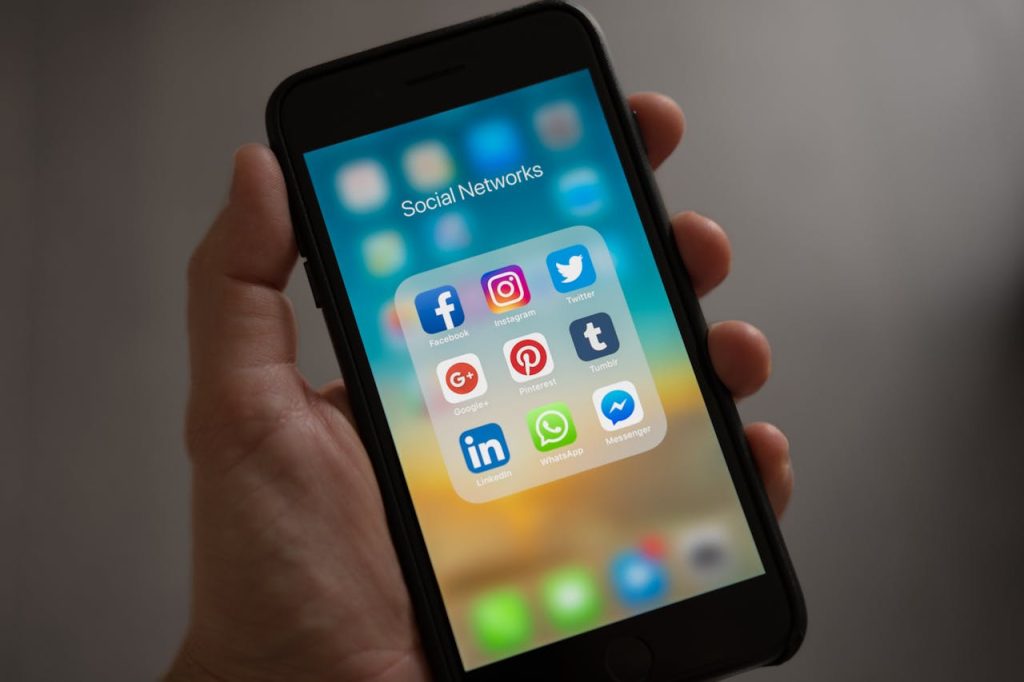You can’t focus deeply because your phone has rewired your brain to crave distraction. Every notification and scroll has damaged your ability to concentrate on what matters.
You think you lack willpower, but the truth is worse. Your phone has literally damaged your ability to focus, and you’re carrying this attention-destroying device with you everywhere.
Every time you reach for your phone, every notification you respond to, every mindless scroll through social media—you’re training your brain to be weak, scattered, and incapable of deep work.
How Your Phone Rewired Your Brain
The average person checks their phone 144 times per day—every 6-7 minutes. Your brain has learned that sustained attention for more than a few minutes is unnecessary because interruption is always coming.
Every notification triggers dopamine. Your brain now expects constant rewards for minimal effort. Real work—which requires sustained effort before rewards—feels impossibly difficult because your reward system is broken.
Concentration is like a muscle. Years of phone use have weakened your ability to sustain attention. What used to feel normal now feels impossibly hard.
You’ve trained your brain to expect constant stimulation. Quiet focus time feels uncomfortable because your brain is literally addicted to chaos.
The Focus Killers in Your Pocket
Every app is designed to interrupt you. Social media notifications, email alerts, game notifications, news alerts—they all break your concentration flow and spike your stress.
Social media feeds are engineered to be endless. There’s no natural stopping point, so once you check your phone “for just a minute,” you can lose hours.
Your phone creates constant fear that you’re missing something important. This anxiety makes it impossible to fully commit to deep work because part of your brain is always wondering what’s happening online.
It takes an average of 23 minutes to fully refocus after an interruption. Most people never get 23 uninterrupted minutes.
What Real Focus Actually Requires
True focus means maintaining attention on one task for 2-4 hours minimum. Your phone-damaged brain struggles to focus for even 20 minutes without craving stimulation.
Deep work requires complete absorption where self-consciousness disappears and time distorts. Your phone prevents this by keeping part of your brain always monitoring for notifications.
Meaningful work requires working for hours or days before seeing results. Your phone provides instant gratification, making delayed rewards feel impossible to pursue.
Real achievement requires patience with slow, incremental progress. Your phone conditions you to expect immediate results and constant stimulation.
What Your Phone Addiction Is Costing You
Career damage: You can’t complete complex projects or develop expertise because you can’t sustain focus. Your work quality suffers from constant interruption.
Learning disabilities: You can’t read books, learn complex skills, or think critically because you never focus long enough to analyze anything deeply.
Relationship problems: You can’t have deep conversations or be emotionally present because you’re mentally absent even when physically there.
Time theft: The average person spends 3+ hours per day on their phone. That’s over 1,000 hours per year—enough time to master any skill.
Each day of phone-damaged focus makes the next day harder. You’re not just failing to build focus; you’re systematically destroying it.
How to Repair the Damage
Start with digital detox: Put your phone in another room during work. Delete social media apps entirely. Turn off all notifications except genuine emergencies.
Rebuild gradually: Start with 10-minute uninterrupted focus sessions and increase by 10 minutes each week until you can focus for 2+ hours.
Replace the habit: When you want to check your phone, do push-ups instead. Replace scrolling with reading physical books. Replace immediate responses with scheduled communication times.
Create boundaries: Tell people you’re not immediately available. Set response time expectations of 4-24 hours. Use “Do Not Disturb” mode liberally.
Building Unshakeable Focus
Once you’ve detoxed, practice progressive focus training. Increase your sessions weekly and track your ability to sustain attention without distraction.
Schedule your most important work during peak attention hours. Batch similar tasks to minimize context switching. Create rituals that signal deep work time.
Design your entire day around protecting your attention. Choose environments that support deep work. Eliminate unnecessary decisions that drain mental energy.
The Reality Check
Your ability to focus deeply is your competitive advantage in a world full of distracted people. But you can’t access that advantage while carrying an attention-destruction device everywhere.
Put your phone in another room right now and commit to 2 hours of uninterrupted work on something important. No notifications, no checking, no “quick looks.”
The discomfort you feel? That’s withdrawal from phone addiction, and it’s proof that your device has hijacked your brain.
Your Choice
Your phone is designed to steal your focus. Stop letting it win.
How many times did you want to check your phone while reading this? That urge is exactly what’s keeping you from achieving your goals.
The difference between people who succeed and those who don’t often comes down to one thing: the ability to focus deeply on what matters. Your phone is stealing that from you every single day.
What are you going to do about it?
